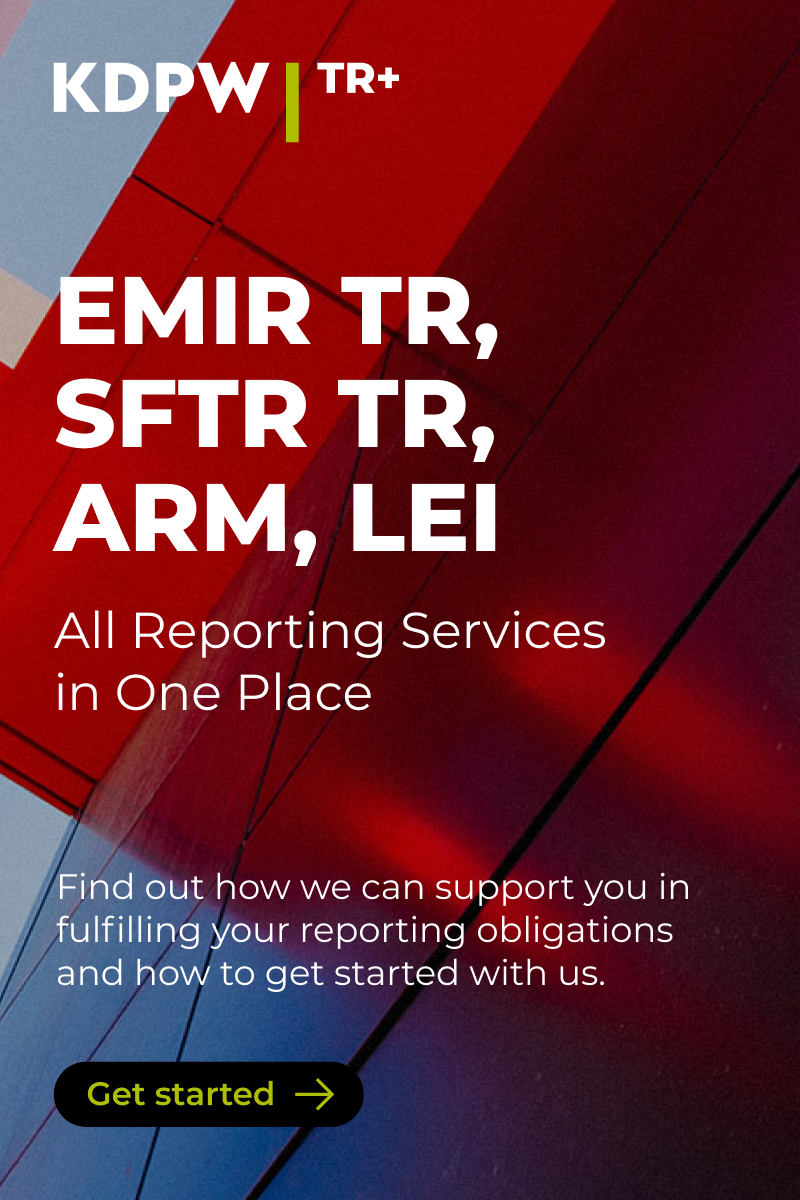The European Markets Infrastructure Regulation (EMIR) Refit standards are likely to require material work to implement and the response by the European Securities and Markets Authority (ESMA) regarding the use of ISO 20022 standards and critical data element methodology will be key, according to a new Capco paper.
The new paper, ‘EMIR Refit: Getting Technical’, assesses the impact of EMIR reporting under the new technical standards for the reporting of over the counter derivatives contained within EMIR Refit.
EMIR entered into force in 2012 and implemented reforms in the derivatives space covering clearing, reporting, risk mitigation, and margin and collateral exchange.
The purpose of the EMIR Refit is to amend and simplify EMIR to address disproportionate compliance costs, transparency issues and insufficient access to clearing for certain counterparties.
The final technical standards are expected imminently, to be closely followed by Financial Conduct Authority guidance on the impact to UK reporting requirements.
Full implementation of the EMIR technical standards is currently anticipated to occur towards the middle of 2022.
Capco suggests that while a welcome step, the benefit of mandatory delegated reporting may, in the end, be minimal.
This is due to the on-going need for smaller firms to report exchange-based activity and provide the required data to the reporting firm, according to Capco.
It was noted that firms should start to consider their approach to implementation (across data, technology, people, and processing) from Q1 2021 given this requirement will be due by Q3 2022.
Stephen McPherson, principal consultant at Capco and author of the paper, notes that the success of EMIR REFIT technical standards will be underpinned by the quality of data.
The adoption of critical data element methodology, and the decision on whether the ISO 20022 message scheme will be mandated, are likely to be critical factors in its success — and the key determinant of the approach of impacted firms, according to McPherson.
“Already concerns have been raised around how these can be adopted and whether they should be the solution for EMIR standardisation. These decisions will also have a significant bearing on counterparty and repository reconciliation and matching of fields,” he says.
McPherson adds: “Regardless of the final requirements, there is likely to be a high cost to impacted firms, substantial strategic and tactical delivery work to achieve compliance, and business readiness, necessary to deliver these changes across an already congested regulatory marketplace.”
In the paper, on the steps financial institutions should take to prepare, Capco states firms should consider additional budget requirements and timeline to build in the additional scope of work while considering opportunities for data efficiency
Capco also suggests that participants should review current reporting and eligibility rules for EMIR and compare to the initial draft of the new rules.
“Consider current internal data models across all reporting jurisdictions and assess any potential reuse of data to allow efficiency savings,” the paper notes.
It also recommends participants to perform traceability analysis from the current reporting model to assess any gaps, risks, or dependencies ahead of the final consultation paper.
“The final ESMA reveal on the technical standards is scheduled to be dispersed to the market in Q1 2021, bringing clarification to impacted firms and providing full disclosure on the mandated approach,” concludes McPherson.


